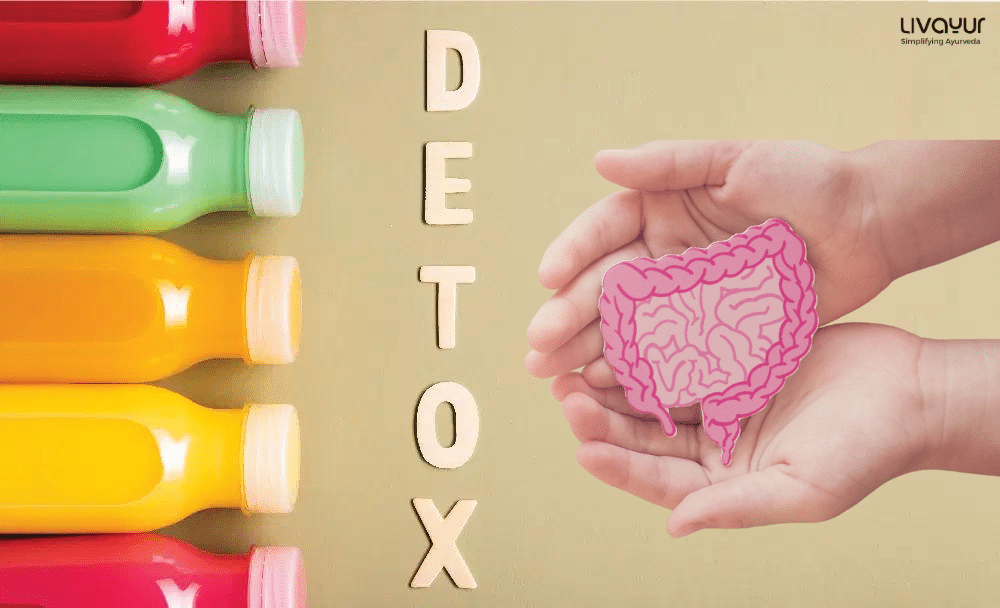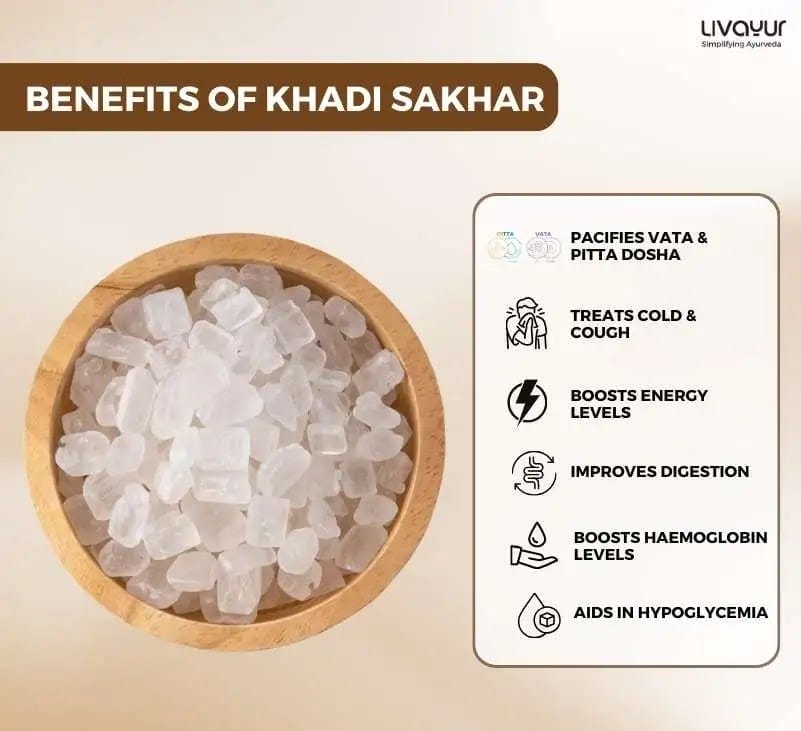Many think that healthy eating habits are enough for a healthy lifestyle, but this misconception prevails too much. To have a cleansed digestive tract is as important and eating healthily.
A healthy gut means a healthy and a healthy life, and to keep your gut healthy it is important to detox it regularly. Here’s how you can do it naturally.
What is the Function of the Gut?
The function of the gut is connected to all parts of your body, be it the brain, limbs, heart, or nervous system. A good gut adds to the efficacy of all parts of your body as well.
Studies have proven that the gut impacts ones mental health too. It is shown that people with anxiety or depression shift to a wholesome diet of processed food which is eventually unhealthy for the body.
Ayurveda understands the connection between the gut and other parts. It focuses on the human body’s digestion and metabolism that is the Vata Dosha of the Prakriti. This is because the key to everything is Vata Dosha and the digestive fire which is primarily known as ‘Agni’ in Ayurveda.
To have a good gut one must work on a good digestive system and for that one’s Agni should be strong because weak Agni only promotes diseases.
According to Ayurveda, processed food, cold food and other junk food cause toxins in the whole body including the gut. These toxins are called Ama and Ayurveda has always focused to remove these toxins from their roots.
Symptoms of an Unbalanced Gut
- Stomach Issues – Bloating, gas, pain, constipation, diarrhoea and heartburn
- Skin Irritation – Poor diet and poor gut cause skin allergies
- Autoimmune Condition – A condition in which your immune system attacks you
- Poor Gut Bacteria – Difficulty in digesting processed food and normal food
- Poor Sleep – Insomnia and improper sleep
- Chronic Fatigue – Constant pain in muscles
- Drastic weight changes – Without changing eating habits and lifestyle, there is a noticeable weight change
Tips to Detox The Gut
Drink More & More Water: Water aids digestion and nutrient absorption, regulates body temperature, lubricates joints, and detoxifies body by removing waste. Water efficiently removes waste via urination, breathing and sweating. Staying hydrated is the key to detoxification.
Turmeric Consumption: It is the most used and consumed member of the ginger family. Studies suggest that curcumin (principal curcuminoid of turmeric) could exert direct regulative effects primarily in the gastrointestinal tract. Turmeric is one of nature’s best and most widely used anti-inflammatories and especially in India, it is used for cooking. Ayurveda highly recommends turmeric because of its anti-inflammatory properties. Over the last decade, the use of Turmeric has increased worldwide.
Intake Of Ginger: It treats upset stomach and heartburn which are the prominent symptoms of an unhealthy gut. Ginger has antimicrobial properties which resist bacteria commonly involved in leaky-gut or gastrointestinal infection.
Consumption Of Triphala: Known as a detoxifier in Ayurveda, it is one of the most antioxidant-rich compounds found in nature as it the combination of three key Ayurvedic herbs — Haritaki, Amalaki and Bibhitaki. It is excellent for rejuvenation and gut health.
- Adding Citrus Fruits To The Diet: Eat fruits citrus food like oranges, tangerines, lemons and limes as they are packed with vitamin C which clears out the Ama from the body and fights oxidative stress.
- Including Eat Green Vegetables In The Diet: Leafy greens like spinach, broccoli and cauliflower as they are full of vitamin C and many antioxidants can help you detox your gut and improve your health.
- Exercising: Exercising regularly helps your body by improving all the functioning of the body and protecting it against diseases.
Other Tips to Clean Your Gut
One of the reasons, when your gut acts up, is that your Agni is unhappy, and when the Agni is unhappy you should avoid:
- Eating frequently
- Eating fried, cold, wet, spicy and oily food
- Not keeping a gap of three hours in every meal
- Sleeping irregularly or reducing the hours of sleep
This article is reviewed by Dr. Ashwini Konnur


























